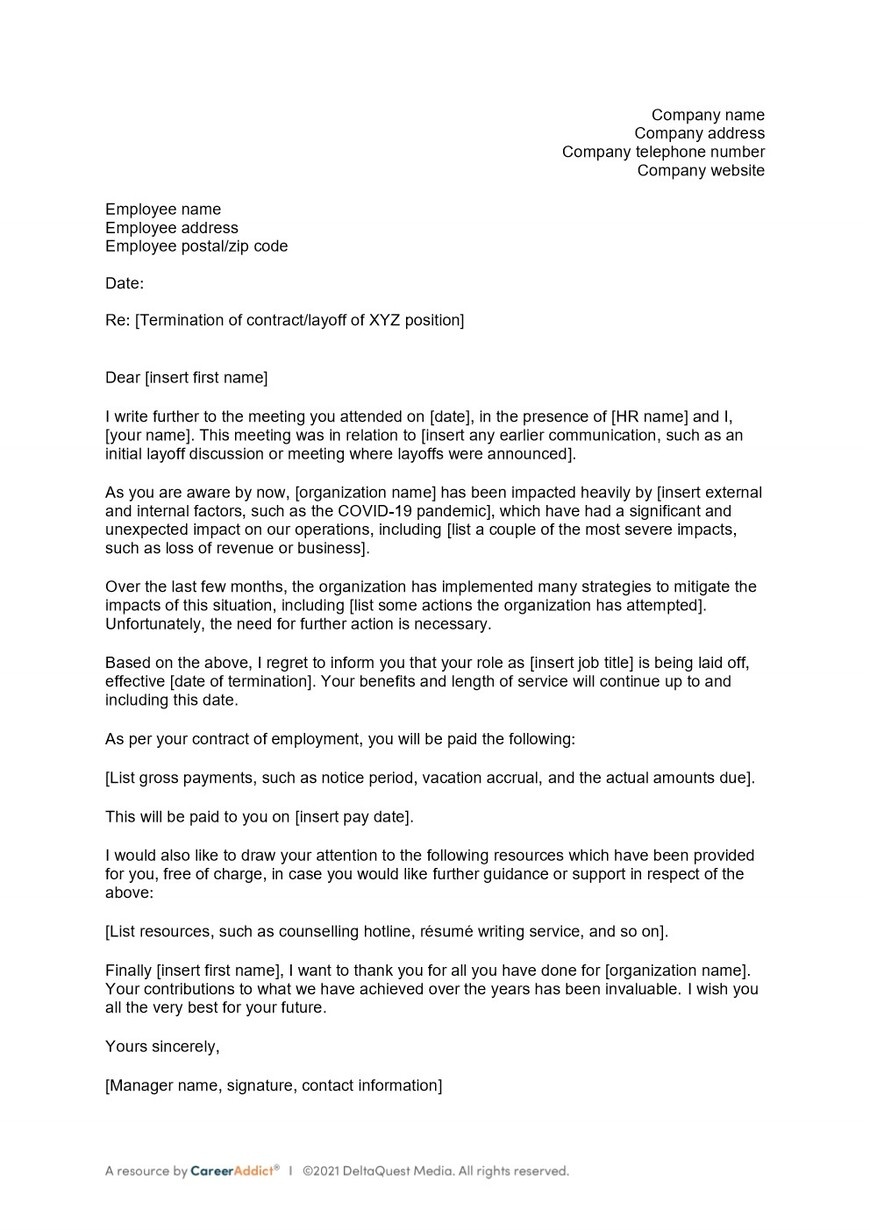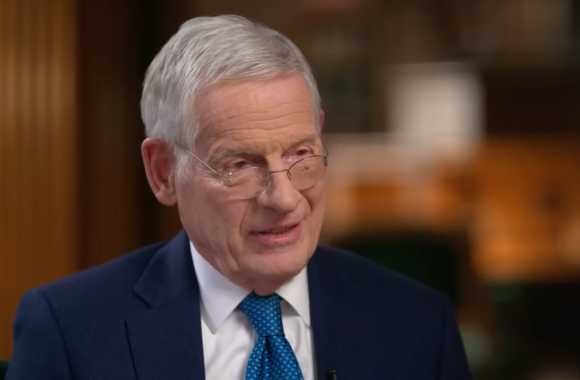Trump's Legacy: A Herculean Task For The Next Fed Chair

Table of Contents
Trump's economic approach was characterized by significant tax cuts, deregulation, and a confrontational approach to international trade. While these policies generated initial economic growth and a period of low unemployment, they also sowed the seeds of considerable future instability. The next Fed Chair will inherit the consequences of these actions, and successfully managing them will be a Herculean undertaking.
Inflationary Pressures Inherited from the Trump Era
Trump's 2017 tax cuts, while boosting short-term economic activity, significantly increased the national debt. This massive injection of capital into the economy, coupled with deregulation policies that loosened financial oversight, fueled inflationary pressures. The resulting economic environment is one of increased risk and uncertainty.
- Increased national debt: The tax cuts led to a substantial rise in the national debt, making the US economy more vulnerable to economic shocks.
- Rising inflation rates: The combination of increased government spending and deregulation contributed to a rise in inflation rates, eroding purchasing power and impacting consumer confidence.
- Potential for economic instability: The increased debt and inflation create a volatile economic environment, increasing the risk of future economic instability. This requires a delicate balancing act from the Federal Reserve to manage inflation without triggering a recession. The Fed’s response to this legacy of Trump's economic policies will be critical.
The Federal Reserve will need to carefully navigate these inflationary pressures, employing appropriate monetary policy tools to mitigate the risks without stifling economic growth. This will require a sophisticated understanding of the interconnectedness of these issues and the potential for unintended consequences.
Navigating Trade Wars and Global Uncertainty
Trump's administration initiated several trade wars, imposing tariffs on goods from various countries. While aimed at protecting American industries, these actions disrupted global supply chains, increased trade tensions, and created significant uncertainty in international markets. The impact of these trade wars continues to ripple through the global economy and presents a major challenge for the next Fed Chair.
- Disrupted supply chains: Tariffs and trade disputes significantly disrupted global supply chains, leading to shortages, increased prices, and decreased efficiency.
- Increased trade tensions: Trump's protectionist policies heightened trade tensions with key economic partners, damaging long-standing relationships and increasing global economic instability.
- Uncertainty in international markets: The unpredictability of Trump's trade policies created significant uncertainty for businesses and investors, impacting investment decisions and economic growth.
The next Fed Chair must develop strategies to mitigate the negative consequences of these trade disruptions and foster a more stable and predictable international trading environment. This will require effective diplomacy and close collaboration with international economic institutions.
The Legacy of Low Interest Rates and Quantitative Easing
The Trump administration benefited from a period of historically low interest rates, a legacy of the policies enacted following the 2008 financial crisis. This low-interest-rate environment, coupled with quantitative easing, stimulated economic growth but also created potential risks. The next Fed Chair will need to navigate these risks carefully.
- Potential for asset bubbles: Prolonged periods of low interest rates can inflate asset bubbles in real estate and financial markets, creating vulnerability to future corrections.
- Challenges in managing inflation: Low interest rates, while stimulating growth, can contribute to inflation if not managed properly. Balancing economic growth with inflation control will be crucial.
- Risks associated with raising interest rates: Raising interest rates to combat inflation could negatively impact economic growth and potentially trigger a recession.
The delicate balancing act of managing interest rates and inflation will be a key challenge for the incoming Fed Chair. The legacy of low interest rates and quantitative easing under Trump adds another layer of complexity to this already demanding task. Careful calibration of monetary policy will be essential.
Political Interference and the Independence of the Fed
Maintaining the Federal Reserve's independence from political pressure is crucial for its effectiveness. However, Trump's presidency witnessed instances of pressure on the Fed to manipulate monetary policy for political gain. This raises concerns about the potential for future political interference and the impact it could have on economic stability.
- Potential for politicization of the Fed: Attempts to influence the Fed's decisions for short-term political gain threaten the institution's credibility and long-term effectiveness.
- Need for maintaining independence: The Fed's independence is essential to its ability to make objective decisions based on economic data, rather than political considerations.
- Challenges in balancing political pressure and economic needs: The next Fed Chair must navigate the delicate balance between responding to legitimate political concerns and maintaining the Fed's independence and its commitment to sound economic policy.
The next Federal Reserve Chair must actively defend the institution's independence and ensure that monetary policy decisions are driven by economic data and analysis, not political expediency. This requires strong leadership and a commitment to upholding the principles of economic independence.
Conclusion: The Weight of Trump's Legacy on the Next Fed Chair
The next Federal Reserve Chair will inherit a complex and challenging economic landscape, largely shaped by the policies of the Trump administration. From inflationary pressures fueled by tax cuts and deregulation to the lingering effects of trade wars and the legacy of low interest rates, the challenges are multifaceted and interconnected. Successfully navigating this terrain will require exceptional economic acumen, political dexterity, and a unwavering commitment to the principles of sound monetary policy and the independence of the Federal Reserve. Understanding Trump's legacy on the economy is crucial for navigating the challenges facing the next Fed Chair. Continue the conversation and share your insights on how the next Fed Chair can best address Trump's legacy and its impact on the future of American finance.

Featured Posts
-
 Game Stop Switch 2 Preorder A First Hand Account
Apr 26, 2025
Game Stop Switch 2 Preorder A First Hand Account
Apr 26, 2025 -
 Returning To Your Old Job After A Layoff Pros Cons And Considerations
Apr 26, 2025
Returning To Your Old Job After A Layoff Pros Cons And Considerations
Apr 26, 2025 -
 Auto Carriers 70 Million Port Fee Predicament A Detailed Analysis
Apr 26, 2025
Auto Carriers 70 Million Port Fee Predicament A Detailed Analysis
Apr 26, 2025 -
 Harvards Future A Conservative Professors Plan For Reform
Apr 26, 2025
Harvards Future A Conservative Professors Plan For Reform
Apr 26, 2025 -
 Beyond Disney 7 Top Orlando Restaurants For 2025
Apr 26, 2025
Beyond Disney 7 Top Orlando Restaurants For 2025
Apr 26, 2025
